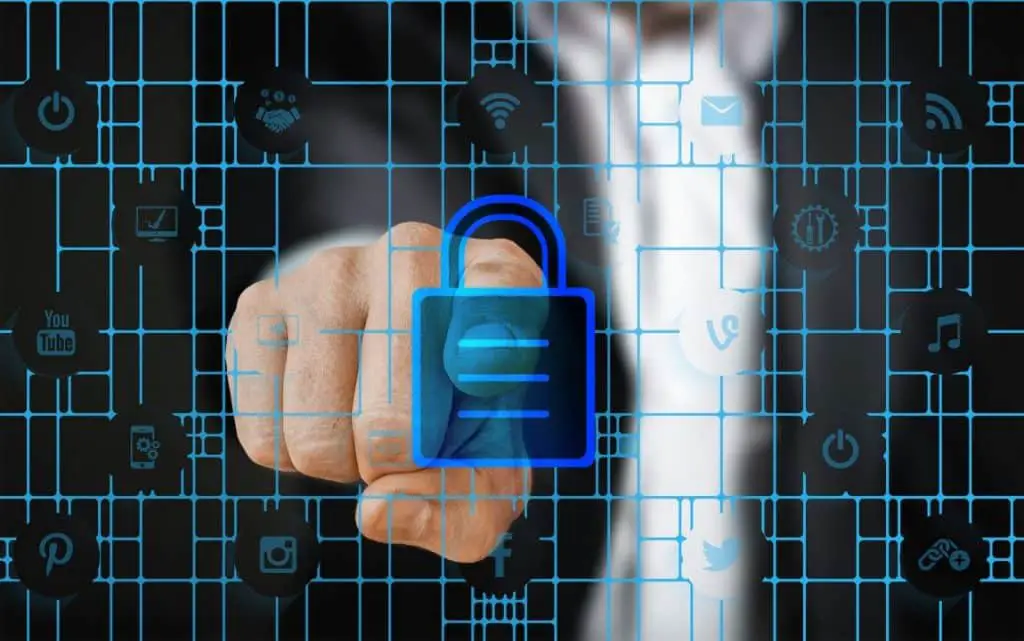Estimated reading time: 4 minutes
Have you ever been reading the news and come across the phrase “major data breach”? Often, these data breaches result in clients’ private information leaking onto the dark web. It may not seem like a big deal if your email address is available on the dark web, but it can result in criminals exploiting the information. This is how identity theft and other such scams can succeed.
The Dangers of the Dark Web
The dark web is a collection of networks that are not available to ordinary search engines. People can only access the dark web with the use of a special browser called Tor. This browser allows for anonymity and does not transmit data to other sources. Many websites on the dark web cater to illegal transactions, such as hacking, drug sales, and hitmen services.
How Does Data Leak onto the Dark Web?
Passwords often fall victim to data breaches through phishing or malware. Once these passwords get stolen, they get updated to the dark web and purchased by other hackers. The hackers will take these passwords and randomly input them into websites until they gain access to the account. Since many people reuse the same password for different services, hackers will try to log in to online banking or other confidential accounts.
Other times, people will throw away documents that have confidential information on them. This could include their name, address, or social security number. These documents are then free for anyone to pick up and use as they wish. People buy social security numbers on the dark web, often for as low as $1 each.
Email addresses are also frequently uploaded to the dark web. This tends to occur when a company has a massive data breach, which is out of the client’s control.
Is Your Data on the Dark Web?
It is a good idea to do a check once in a while to see if any of your data has gotten compromised. There are some free tools available online that can monitor your email addresses and passwords. If they come across anything relating to you on the dark web, you will receive a notification and told to change your password. For instance, there is a free service called Google Password Checkup available to help you keep track of which passwords, if any, have gotten compromised.
Another way to tell if your data has gotten compromised is if a company reaches out and informs you. If you had to input your social security number online to a credit bureau and they had a data breach, that information is now out in the open. Hackers will have full access to claim your tax refunds, make orders in your name, or steal your identity completely. In these cases, the company will normally issue an apology and statement to clients. Unfortunately, data breaches are not isolated incidents and happen all the time around the world.
How to Keep Data Private
Finding out that your information is on the dark web can be a scary thing. To avoid having this happen, keep your data as private as possible. Unless necessary, do not give your social security number out online. Do it over the phone, and only give it to a reputable company.
Another thing you can do is always use different passwords for your online accounts. This can become tedious, but it is a safer option in the long run. In addition to this, change your passwords frequently, every few months or so. Do not make them obvious, and do not use words that relate to you at all. Password protection is one of the best ways to fight against hackers.
Everyone should make sure to maintain their virus protection and run scans daily. Some types of malware can infect your computer and keep a log of all the passwords that you enter. If your software detects anything malicious at all, make sure it gets removed right away.
Finally, utilize two-factor authentication on your important accounts, such as online banking. This way, the hacker will try to get in but will get stopped at the extra layer of security. This will give you enough time to change your passwords and secure the protection of your device.
Share this content:
